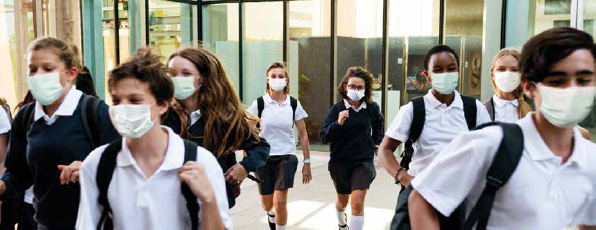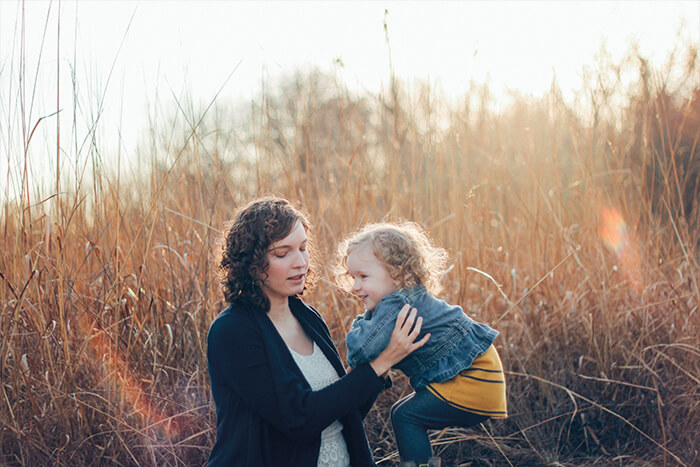Search
Showing results for "Professor"
Research
Silencing of GATA3 defines a novel stem cell-like subgroup of ETP-ALLGATA3low ETP-ALL is a novel stem cell-like leukemia with implications for the use of myeloid-derived therapies
Research
Genome-wide association study of autistic-like traits in a general population study of young adultsResearch has proposed that autistic-like traits in the general population lie on a continuum, with clinical ASD representing the extreme end of this...
Research
A Genome-wide Association Meta-analysis of Preschool Internalizing ProblemsIn this study, the influence of genome-wide measured single nucleotide polymorphisms (SNPs) was investigated in 3 cohorts (total N = 4,596 children) in which...
Research
Moving beyond behaviour-only assessment: Incorporating biomarkers to improve the early detection and diagnosis of autism spectrum disordersThis paper presents a response to the Camarata (2014) lead article regarding the accuracy and effectiveness of early identification and early intervention...
Research
Molecular tools for differentiation of non-typeable Haemophilus influenzae from Haemophilus haemolyticusThe molecular approaches that have been developed for differentiation of NTHi from H. haemolyticus, with the advantages and disadvantages of each target
Research
High use of complementary and alternative medication among children with autism is not associated with the severity of core symptomsThis study provided evidence for high rate of alternative medicine use in an Australian paediatric ASD population, similar to other countries.


News & Events
Sibling’s likelihood of autism diagnosis impacted by age gap, study findsThe Curtin University research in collaboration with The Kids Research Institute Australia, published in Autism Research, investigated more than 925,000 births in Denmark, Finland and Sweden.

News & Events
How the pandemic has shaped the mental health of our kidsThe Kids Research Institute Australia researchers went into 79 WA primary and secondary schools in 2020.

News & Events
Directing immune development to curb sky-rocketing diseaseOnce upon a time it was infectious diseases like polio, measles or tuberculosis that most worried parents. With these threats now largely under control, parents face a new challenge – sky-rocketing rates of non-infectious diseases such as asthma, allergies and autism.
